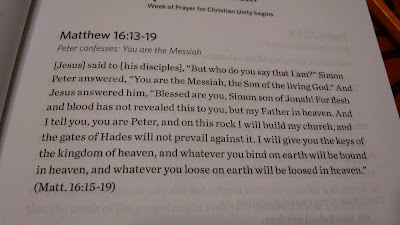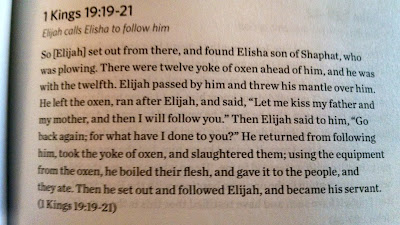Application: It's interesting to watch Maggie reach an age that I have very clear memories of. For her, Minecraft videos are what it's all about. When I was that age, it was all about the Nintendo Entertainment System. It was my beautiful, 8-bit world as a kid. Mario and I were tight. And I wasn't the only one, apparently...This past Christmas, they re-released the NES and the intended price was $70 or so, but thirty-something dudes like myself flooded the market and they ended up running out and pricing the remaining ones above $300!
But no matter how many times you blow out those delightful grey cartridges, they eventually wear out. The little red buttons gum up. The image jumbles, and sooner or later, it's game over. And you're left with the way you treated others when you weren't playing.
In the larger game of life, the same is true. A human being (physically speaking) is a biological process with a clear beginning, middle and end. We will wear out. And unlike with Mario, there are no special mushrooms out there to give us "1UP's". We don't get an extra life. It's this one, then game over. We have grace and forgiveness in Christ, but we don't get a re-do. What we've done in this life, who we've helped, and who we've turned away...It is what it is.
So, may we jump into our lives with the same fervor as that beloved Italian plumber. May we jump for the spiritual "power ups" from God's Word, that allow us to be "bigger" in our perspective, and maybe even toss some "fireballs" of wisdom from the Holy Spirit. May we see, jump over or on top of the Spiritual enemies to be found in our own hearts. May we continually make our best jump at that final flagpole of righteousness, all the while knowing Jesus has already defeated the "King Koopa" of Sin and Death. And when we reach "Game Over," may we be satisfied with how we treated others, and ready to hand our controller over to Player 2.
Prayer: God, in this world of short-term pleasure and instant gratification, help us play the long game. Amen.




























